Tag: EnglishEssentials
-

Infinitives vs Bare Infinitives: What are the Differences
Introduction In English grammar, the infinitive is the base form of a verb, often preceded by the word “to.” On the other hand, in some cases, infinitives are preceded without “to”. Infinitives In English, infinitives are used in various ways: 1- To Express Purpose or Intention: Example: She went to study at the library. 2-…
-

A Guide to Knowing When to Use ‘At,’ ‘On,’ and ‘In’ for Places
Introduction In the English language, prepositions play a crucial role in indicating location and direction. Among the most commonly used prepositions for denoting places are “at,” “on,” and “in.” However, understanding when to use each of these prepositions can be a bit tricky for English learners. In this blog post, we will delve into the…
-
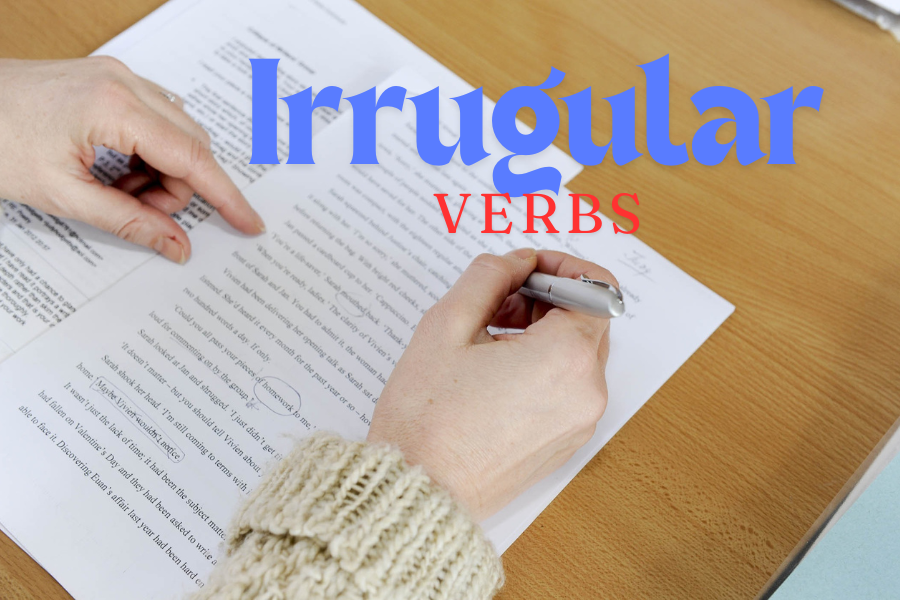
Irregular Verbs: The Most Used in English Daily Conversation
Introduction Irregular verbs are the spice of English conversation, adding flavor, nuance, and depth to everyday communication. Understanding and mastering these verbs is essential for anyone looking to speak English fluently. In this blog post, we will delve into the world of irregular verbs, focusing on the most commonly used ones in daily conversation. Example…
-
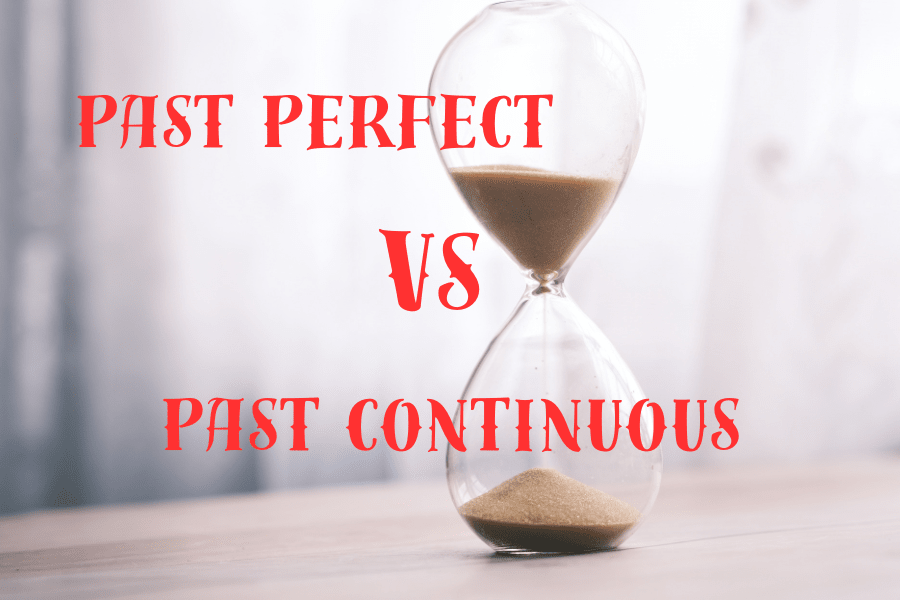
Past Perfect vs Past Continuous: Are They Similar?!
Introduction The past perfect simple is used with action verbs to emphasize the completion of an event. On the other hand, the past perfect continuous is used to show that an event or action in the past was continuing. However, if you see the examples, you may feel a bit nervous about the meaning. So,…
-
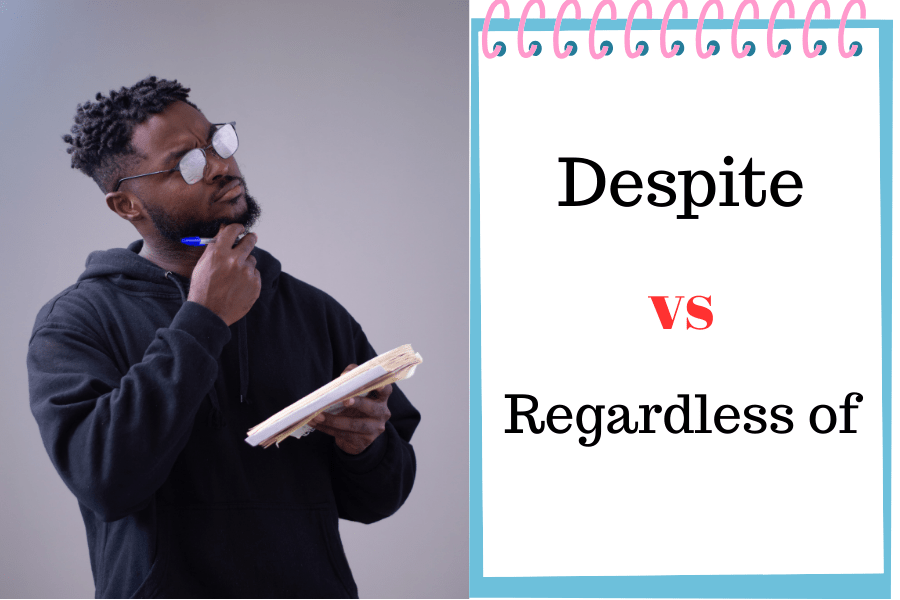
Can “Despite” and “Regardless of” be used Interchangeably?
Introduction Talking about conjunctions, both “Despite” and “regardless of” are similar in meaning and often used interchangeably in many contexts, but they seem to have some nuanced differences in usage. In this blog post, you will find the small difference between “Despite” and “Regardless of” and know how to construct them in sentences correctly and…
-
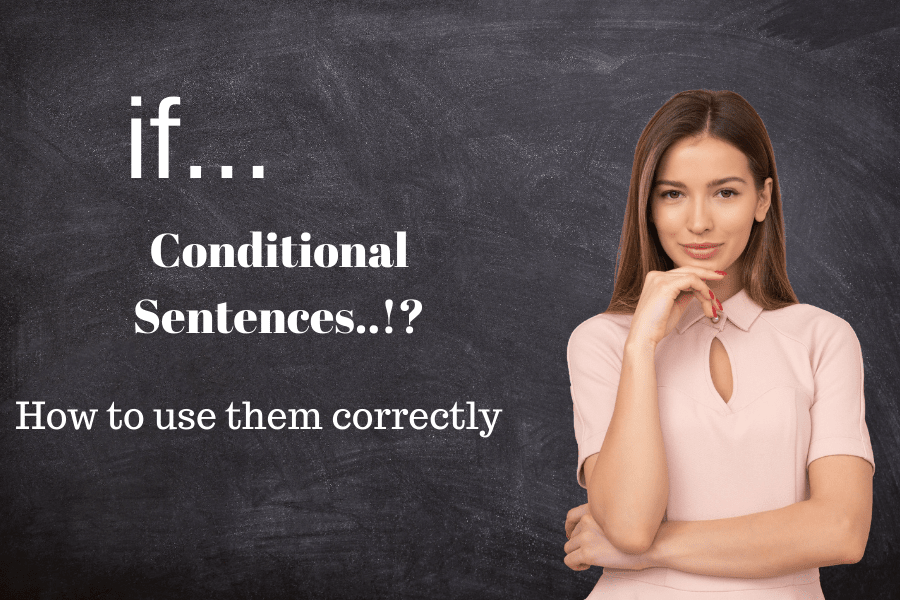
Conditionals In English: Learn How to Use “if clause”
Understanding Conditional Sentences Conditional sentences are used to express situations and their potential outcomes based on certain conditions. There are different types of conditional sentences based on the likelihood or reality of the condition being met. In this article, you will learn how to use conditionals in English grammar, including the structure of “if clauses”…
-

Stop Saying Always “I’m Sorry!”
Introduction As we speak English, we used to say I’m Sorry for expressing regret. Actually, this is a simple and direct way to express regret, and your sentence is completely correct. However, it seems not professional to always repeat this word when you are referring a regret. For example, “I’m Sorry for what I said…
-
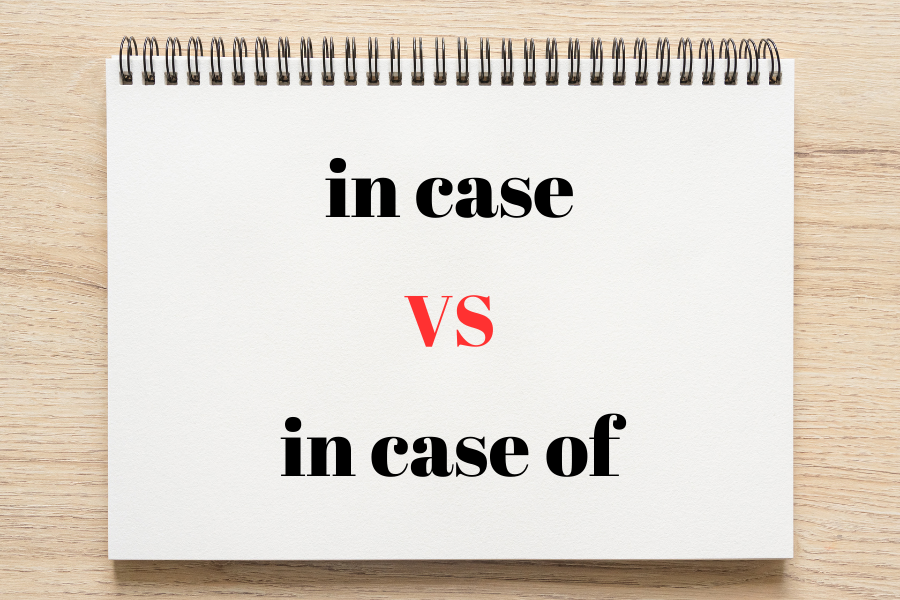
How to Use “In Case” & “In Case of” in Your English Conversations
In case & in case of: Introduction In this article, you will learn the difference between “in case” and “in case of” in English grammar, and how to use them correctly in your daily English conversations. In case and in case of: Example Before giving you the whole definition, I want to see this little…